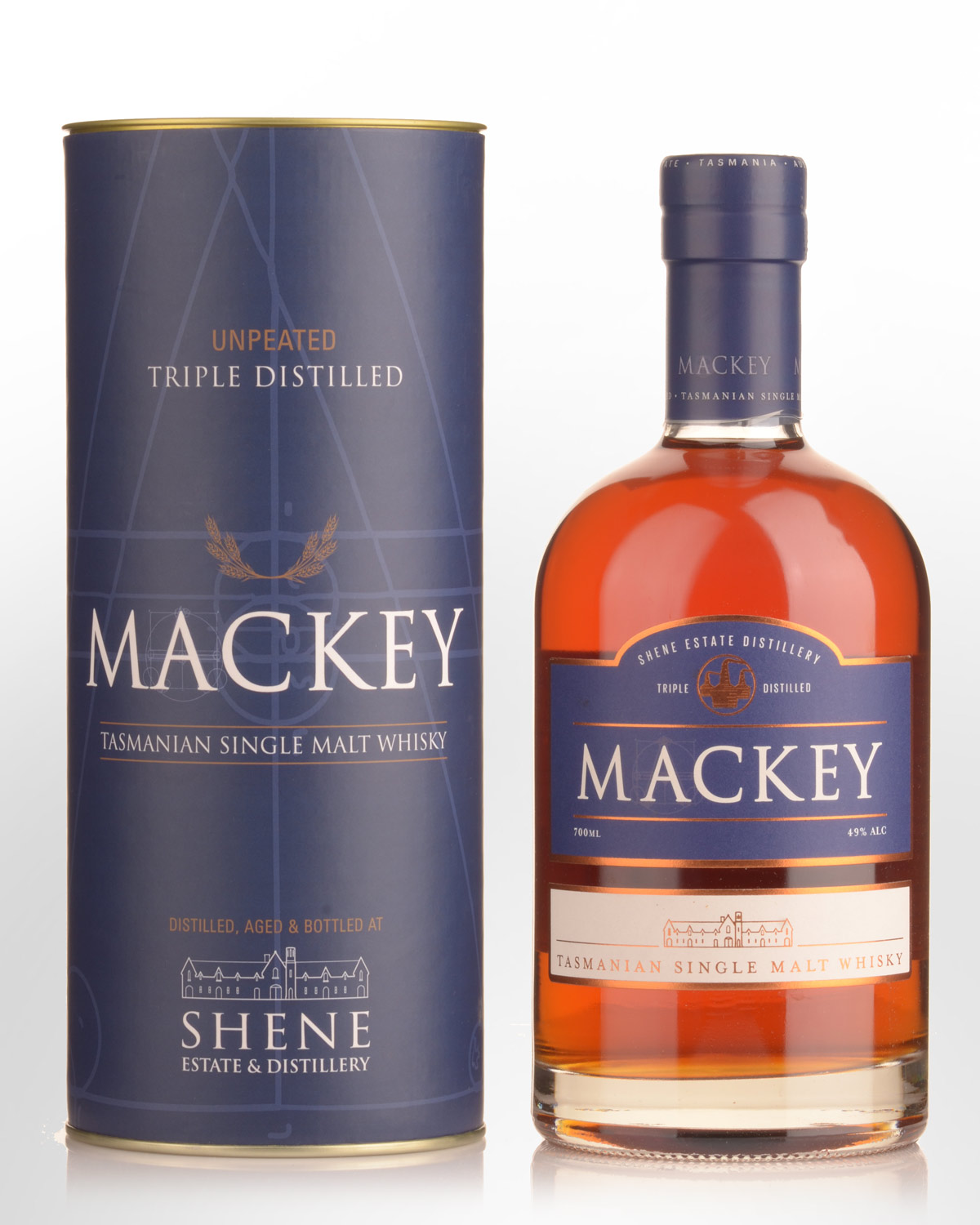Tucked away in the Tasmanian hills, Shene Estate offers a captivating blend of old-world charm, stunning Gothic Revival architecture, and the allure of top-notch Tasmanian whisky. This historic estate, dating back to the 1800s, seamlessly intertwines a rich past with a vibrant present, making it a must-visit destination for history buffs, garden enthusiasts, and whisky aficionados alike.
Stepping Back in Time at Shene Estate
Shene Estate and Distillery, nestled a scenic half-hour drive north of Hobart, is more than just a distillery; it’s a living museum. The estate, a breathtaking example of Gothic Revival architecture, transports you back to the early 19th century, offering a glimpse into Tasmania’s colonial past.
A Legacy of Whisky and History
Shene Estate’s story began in 1819 with a royal land grant to Edward Paine, grandson of King George III. This marked the beginning of a remarkable journey, witnessing the estate’s evolution from colonial residence to agricultural powerhouse and, ultimately, to its current incarnation as a renowned whisky distillery under the stewardship of Lark Distillery (since 2021). This acquisition, Lark’s third distillery on the island, speaks volumes about their commitment to crafting exceptional Tasmanian whisky.
The Art of Tasmanian Whisky
Shene Estate’s distilling philosophy revolves around honoring tradition while embracing innovation. Distillers meticulously select locally sourced Tasmanian barley, water, and peat, breathing new life into time-honored techniques. This dedication to local ingredients is believed to contribute to the whisky’s distinct character, a subject of ongoing research exploring the relationship between terroir and flavor. This commitment to quality and craftsmanship has earned Shene Estate recognition among whisky connoisseurs worldwide.
An Immersive Sensory Experience
From the moment you arrive, Shene Estate captivates the senses. The striking architecture sets the stage for an unforgettable experience. Distillery tours offer a fascinating glimpse into the whisky-making process, revealing the secrets behind Shene’s unique triple-distillation method. The tasting experience, enhanced by the historic ambiance, allows you to savor the complex flavors of Shene’s whisky, connecting with the estate’s rich heritage.
Beyond the Distillery Walls
Shene Estate offers more than just whisky. Its versatile event spaces, steeped in history and architectural splendor, provide a unique backdrop for weddings, corporate retreats, and other special occasions. Whether you’re exchanging vows amidst the Gothic grandeur or brainstorming innovative ideas, Shene Estate offers an unforgettable setting.
Your Tasmanian Adventure Awaits
Shene Estate offers a multifaceted experience, catering to a diverse range of interests. Whether you are a whisky enthusiast eager to sample Tasmania’s only triple-distilled single malt, a history buff intrigued by the estate’s royal connections and colonial past, or simply a traveler seeking a unique Tasmanian adventure, Shene Estate has something to offer.
| Feature | Description |
|---|---|
| Location | 76 Shene Road, Pontville, Tasmania (30 minutes north of Hobart) |
| Established | 1819 (Original land grant) |
| Style | Gothic Revival architecture |
| Current Owner | Lark Distillery (since 2021) |
| Offerings | Whisky distillery, tours, tastings, event spaces, gardens, museum |
| Key Highlights | Historic setting, Tasmanian-made whisky, stunning architecture, diverse event options, connection to Tasmanian history |
Research suggests that experiencing whisky in a historic setting like Shene Estate can enhance sensory perception, though this is an area of ongoing study. The interplay between history, place, and sensory experience adds a layer of intrigue to a visit, inviting exploration and contemplation.
Unearthing Shene Estate: A Journey Through Tasmanian History
Shene Estate is more than just a picturesque location; it’s a tangible piece of Tasmanian history. Its story, etched in stone and steeped in heritage, unfolds across centuries, from royal land grants and colonial agriculture to its modern-day renaissance as a distillery.
From Royal Grant to Tasmanian Icon: The Early Days
In 1819, Edward Paine, grandson of King George III, received an 800-acre land grant from Governor Lachlan Macquarie, marking the birth of Shene Estate. This royal connection laid the foundation for a significant chapter in Tasmanian history. Historians continue to explore the motivations behind Paine’s choice of location, adding a layer of mystery to the estate’s origins.
Wool and Prosperity: Shene’s Agricultural Roots
By the 1830s, Shene Estate had transformed into a thriving agricultural center, contributing significantly to Tasmania’s burgeoning wool trade. This era of prosperity laid the groundwork for the estate’s future development, showcasing the entrepreneurial spirit of early colonial life.
The Gamaliel Butler Era: A Vision Takes Shape
Gamaliel Butler, a key figure in Shene’s history, shaped the estate’s transformation from a prosperous farm into a grand estate. His vision and influence are evident in the opulent character and distinctive architectural style of the main residence. Research into Butler’s life and contributions continues to illuminate his role in Shene’s development.
A Gothic Revival Gem: Architectural Splendor
The main residence at Shene Estate stands as a masterpiece of Gothic Revival architecture. Its intricate details, soaring arches, and overall grandeur reflect the prevailing architectural trends and romantic ideals of the era. Architectural historians suggest that this style was chosen to evoke a sense of history and tradition, connecting Tasmania with European heritage.
From Sheep to Spirits: The Distillery’s Rise
Shene Estate’s evolution continues with its present-day identity as a distillery, producing Tasmania’s only triple-distilled whisky. This modern venture blends tradition and innovation, honoring the estate’s resourceful past while embracing the future. Several factors likely influenced the decision to establish a distillery, including the growing global demand for whisky and Tasmania’s reputation for producing high-quality spirits.
Shene Distillery: From Family Legacy to Lark Distilling Empire
In October 2021, Shene Estate entered a new chapter with its acquisition by Lark Distilling Co. for $40 million AUD. This significant event marked a turning point for the Tasmanian whisky scene.
Lark’s acquisition of Shene, including the existing 130,000-liter distillery, 40 acres of land, and plans for a new one-million-liter distillery, signaled a strategic move to strengthen their presence in the Tasmanian and global whisky markets.
For the Kernke family, the previous owners, the sale represented the end of an era. While their reasons remain private, it’s likely they sought to ensure the estate’s legacy would continue under the stewardship of a company with a shared passion for Tasmanian whisky.
Lark has expressed their intention to honor Shene’s heritage, suggesting a blend of tradition and innovation in the distillery’s future. The possibility of new whisky expressions, combining Lark’s and Shene’s distinct characteristics, creates exciting prospects for whisky enthusiasts.
Beyond Shene: Exploring Tasmania’s Diverse Alcohol Scene
Tasmania, renowned for its pristine environment and quality produce, has established itself as a prominent player in the world of spirits, particularly whisky. The island’s temperate climate, pure water sources, and locally grown barley and peat contribute to the distinct character of Tasmanian whisky, which has garnered international acclaim.
Shene Estate, with its triple-distilled single malt whisky and recent acquisition by Lark Distillery, exemplifies Tasmania’s thriving whisky industry. Other notable distilleries like Sullivans Cove, winner of the “World’s Best Single Malt” title, further solidify Tasmania’s reputation for exceptional whisky.
While whisky reigns supreme, Tasmania’s alcohol scene extends beyond this single spirit. Distilleries like 7K are pushing the boundaries of gin production, experimenting with unique botanicals and crafting innovative flavor profiles.
The Tasmanian terroir, encompassing the island’s unique climate, water, and ingredients, plays a crucial role in shaping the flavor profiles of its spirits. A “whisky trail” offers visitors the opportunity to explore various distilleries and experience the diversity of Tasmanian whisky firsthand.
Tasmanian distilleries are increasingly embracing sustainable practices, prioritizing local ingredients and minimizing their environmental impact. This commitment to sustainability ensures the preservation of Tasmania’s pristine environment for future generations.
The continued growth of Tasmania’s alcohol industry promises exciting developments in culinary pairings and tourism, further enhancing the island’s reputation as a premier destination for spirit enthusiasts.
- How to Remove Sticker Residue from Clothes: Effective & Safe Methods - April 26, 2025
- How to Get Mustard Out of Clothes: Fast & Effective Stain Removal Guide - April 26, 2025
- How to Get Mustard Out of Clothes: A Complete Guide - April 26, 2025










